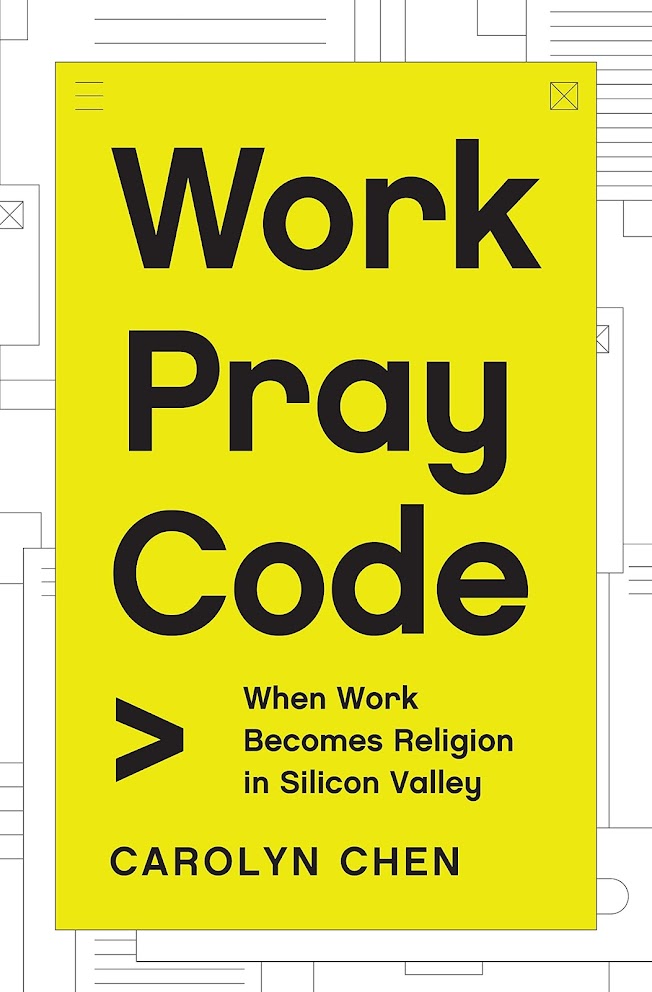Since anyone can get the blue check now, for $8.00, they're not that glamorous any more.
At the New York Times, "Are Blue Checks Uncool Now?":
Once a coveted status symbol, Twitter’s verification badge — which can be purchased for a monthly fee — is no longer fashionable, according to some users. Twitter’s blue check mark was once a coveted status symbol. Now, some users are calling it “the dreaded mark” or that “stinking badge.” Last week, Twitter began stripping the verification symbols from the profiles of thousands of celebrities, media personalities and politicians. The shift came as Elon Musk, the company’s chief executive, continued to roll out Twitter Blue, a subscription service that offers special features like tweet-editing in addition to the blue badge — for $8 a month. Now that anyone can purchase a blue check, many users find the symbol newly uncool. The icon makes its owner appear “desperate for validation,” according to the rapper Doja Cat. To others, it signals support for Mr. Musk amid his bumpy takeover of the platform. Users who value the symbol enough to pay for it are being shouted over by a chorus of prominent users who say verification is no longer worth it. Can the blue check remain desirable now that it has lost its air of exclusivity? “The idea that you would pay for status, and that it’s something that’s not conferred upon you, seems to be fundamentally undesirable for people who have status,” said Robyn Caplan, a senior researcher at the Data & Society Research Institute. Jacob Sartorius, 20, a musician and content creator, said he was elated to get a blue check in 2016. “It was an honor. It was kind of a symbol of, wow, something’s happening,” he said. Mr. Sartorius said he would now rather spend $8 on a sandwich from Subway than on Twitter Blue. “It’s not something that’s cool anymore,” he said. Twitter users’ self-consciousness when it comes to their blue checks speaks to the symbol’s evolution from a tool designed to prevent impersonation into a fickle marker of cultural relevance. Twitter introduced verification badges in 2009 during what Dr. Caplan called the “red carpet era” of social media, when companies were trying to coax celebrities and brands onto their platforms. The badges reassured public figures that they would not be impersonated, and the recognition served as an ego boost. Because so many public figures received badges, and the faceless masses did not, jockeying for verification became something of a blood sport — and the blue check a symbol of victory. Guides proliferated online advising users on how to gain entry to the club. Mr. Musk sought to undermine that two-tiered approach, which he called a “lords & peasants system.” He has framed Twitter Blue as a move to democratize the platform. Waves of blue-check paranoia began to sweep across the platform last year, when Mr. Musk said he would soon start removing check marks from users’ profiles. After allowing the expected judgment day to come and go at the start of this month, Mr. Musk began removing the badges on April 20. (Mr. Musk has long shown an affinity for the number 420, which is often used to allude to marijuana, once dropping it into a tweet that landed him in hot water with the Securities and Exchange Commission.) Mr. Musk did not respond to a request for comment, and an email to Twitter’s communications department was automatically replied to with a poop emoji...
Now that Musk let the rabble in, Twitter's no longer an insider's club of elite bad actors who have no interest in preserving the regular, majoritarian values of the this country.





